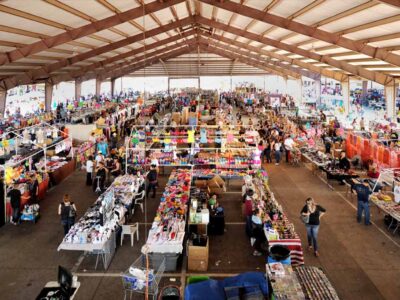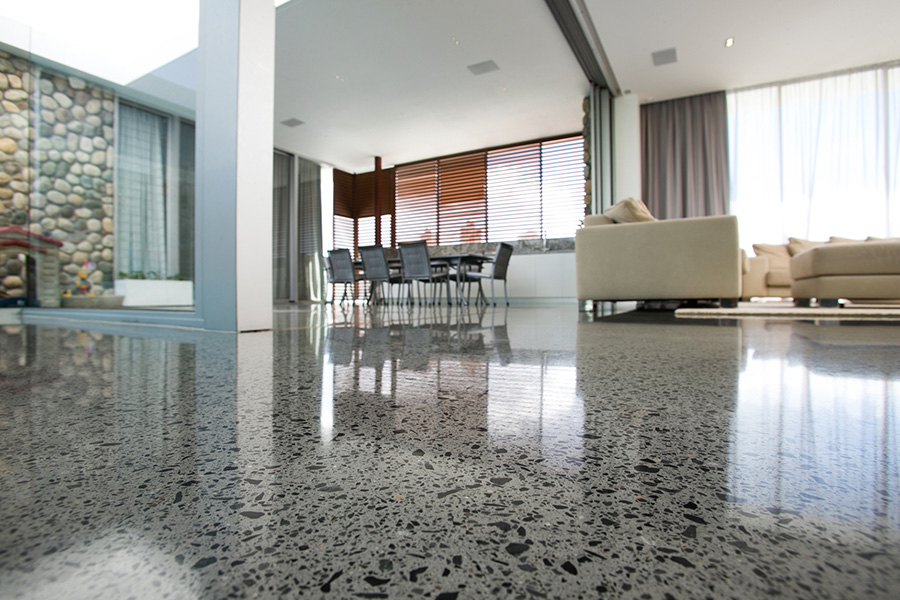
In today’s environmentally conscious world, the importance of recycling cannot be overstated. Among the various materials that can be recycled, metals hold a significant place due to their durability, versatility, and potential for infinite reuse. Melbourne, one of Australia’s bustling metropolises, has embraced the concept of metal recycling with open arms. This article delves into the world of metal recycling in Melbourne, highlighting its benefits, processes, and the role it plays in contributing to a more sustainable future.
The Importance of Metal Recycling
Metal recycling is an integral part of the circular economy, where resources are used, reused, and recycled to reduce waste and minimise environmental impacts. Melbourne’s commitment to metal recycling has a two-fold significance: conserving natural resources and reducing the carbon footprint. By recycling metals like aluminum, steel, and copper, the city reduces the need for mining and extraction, which often leads to habitat destruction and environmental pollution. Moreover, recycling metals consumes significantly less energy compared to primary metal production, thereby lowering greenhouse gas emissions.
The Recycling Process
Melbourne’s metal recycling facilities follow a well-structured process to efficiently recycle various types of metals. Here’s a brief overview:
- Collection: The process begins with the collection of scrap metal from various sources, including households, construction sites, manufacturing industries, and automotive sectors. Scrap metal is categorised into ferrous (iron and steel) and non-ferrous (aluminum, copper, brass) metals.
- Sorting: Once collected, the scrap metal is sorted based on its type and quality. This step is crucial to ensure that contaminants are removed, and the metal can be recycled effectively.
- Shredding and Melting: After sorting, the metal is shredded into smaller pieces and then melted down. In the case of ferrous metals, magnets are used to separate iron from steel. Non-ferrous metals are sorted using various techniques, including eddy current separation and flotation.
- Purification: To remove impurities, the melted metal is subjected to further purification processes. This ensures that the recycled metal meets industry standards and can be used in various applications.
- Manufacturing: Once purified, the recycled metal can be used to manufacture new products. In Melbourne, recycled metal is used in industries ranging from construction and automotive to packaging and electronics.
Benefits of Metal Recycling in Melbourne
- Environmental Benefits: Metal recycling significantly reduces the environmental impact associated with mining, refining, and processing raw materials. It conserves energy, reduces water consumption, and lowers greenhouse gas emissions, contributing to a cleaner and healthier environment.
- Economic Benefits: The metal recycling industry in Melbourne generates jobs, stimulates economic growth, and supports local businesses. It also reduces the cost of manufacturing for industries that rely on recycled metals.
- Energy Conservation: Recycling metals consumes less energy than producing them from virgin ores. For instance, recycling aluminum saves up to 95% of the energy required for primary production.
- Waste Reduction: Metal recycling helps divert tons of waste from landfills, reducing the strain on Melbourne’s waste management infrastructure.
- Resource Conservation: By recycling metals, Melbourne preserves valuable natural resources for future generations.
Conclusion
Metal recycling in Melbourne is not just a business; it’s a commitment to sustainability and a greener future. The city’s efforts to collect, sort, and recycle metals contribute to reducing environmental harm, conserving resources, and fostering economic growth. As a responsible and environmentally conscious community, Melbourne continues to set an example for others to follow. By supporting metal recycling and embracing the principles of the circular economy, Melbourne is on the path to a more sustainable and prosperous future.






